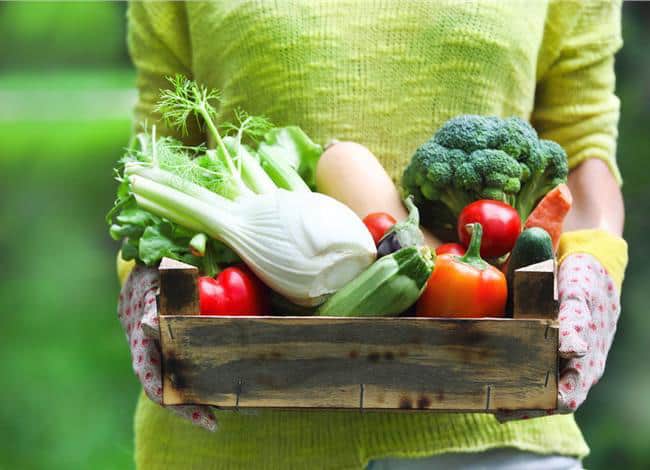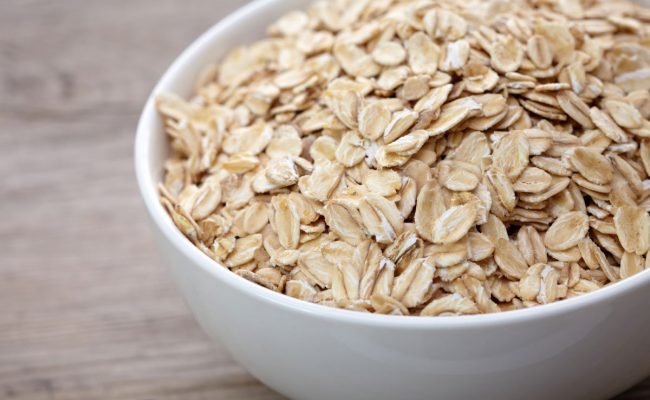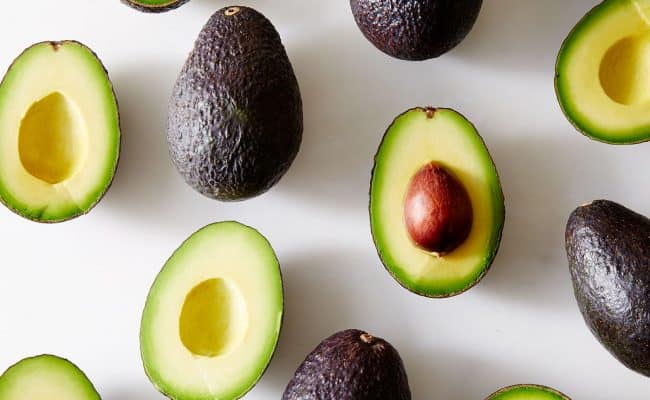
You feel like you just swallowed a soccer ball? Every step, twist and turn you make is incredible uncomfortable? All you can think of is what a relief it would be if you could just pass some wind? Bloating, the gassy feeling of fullness and tightness around the abdomen happens to the best of us.
We have either swallowed too much air or experiencing the wonders of chemistry and something in us is producing gas while decomposing food.
However, if you suffer from bloating and other digestive discomforts than your body is signaling you that your digestive process is not working normally.
Digestion is a very complicated process. Without good digestion, nutrients can’t reach the cells to nourish the body. Even worse an incompetent digestive tract can be the root cause for allergies and other complications.
How you can prevent bloating
Eat fiber and probiotics
Your intestinal tract is quite a flourishing environment. In its balanced state beneficial bacteria live along with other microbes. If this balance is disrupted bad bacteria overgrowth contributes to a whole list of symptoms including bloating.
To keep your colon and the good bacteria happy, eat fiber rich foods and fermented foods like Sauerkraut, kim-chi, miso, tempeh, kombucha and kefir.
Supplement digestive enzymes
You may not be aware of it but the lack of digestive enzymes can create a wide range of symptoms including bloating. Digestive enzymes are secreted along the GI tract and break down food particles, so the nutrients can be absorbed into the blood stream.
For example the digestive enzyme lactase breaks down milk sugar. The digestive enzyme sucrose breaks down cane and sugar. Protease helps to digest protein, the enzyme lipase aids in fat digestion and diamine oxidase breaks down histamine. However, when levels of these enzymes are low, digestive troubles appear.
Don’t waste saliva on gum
The sugars in gum can promote bloating but what is even more important is that chewing gum is a waste of saliva including the digestive enzymes it contains. Saliva not only ensures a smooth passage of food down your throat but is an important ingredient of digestion, which leads to the next point.
Chew your food
Chewing and mixing food with saliva in your mouth is the crucial first step of proper digestion. The more the food is masticated in your mouth into mush (yes, even your steak) the more surface is present for the digestive enzymes to work on. This also makes it easier for the digestive steps that follow. You are having a smoothie? Yes, chew that as well to mix it with saliva (see previous point).
Try to chew your food more. When you think you are ready to swallow, do some extra 10 chews.
Don’t drink with meals
If you drink large amounts of liquid with your meals than you dilute and weaken your stomach acid. If you want the job done as quickly and efficient as possible then stop drinking with our meal or have only small sips of water.
The combination of food matters
Foods are digested at a different speed. Fats and protein sit in the stomach for several hours while carbohydrates, especially simple carbohydrates, just pass through.
If you eat a steak or chicken breast and then have watermelon for dessert, the sugar from the watermelon has to linger in the stomach until the steak is ready to move on. Sugar then starts decomposing in your stomach, which creates gas and bloating.
If that sounds like the bloating you experience than try to combine proteins and fats with non-starchy vegetables like zucchini, kale, peppers. If you like starchy stuff like pasta, bread, potatoes then do not combine them with a large serving of protein or fat.
Eat relaxed and don’t eat right before a workout
Now that we are about to eat, it’s time for us to relax so your digestive system can do its magic. And for that it needs to see, smell and anticipate the food. Just looking at food will draw saliva and stomach acid. Slowing down also ensures a proper blood flow to the digestive organs.
When we are eating on the run or when we are stressed we:
a) won’t chew properly
b) swallow air and
c) draw blood away from your digestive organs to supply our working muscles and brain with enough oxygen.
Food needs time to digest. If you go on a run just after dinner, digestion will be compromised as well as your run will suck with a full stomach. However a steady walk can help remove gas that’s been trapped in the stomach.
Cook your cruciferous vegetables
Broccoli, cauliflower, collards, kale, kohlrabi and cabbage are all superfoods but they also can cause gastrointestinal problems like bloating when eaten raw. Steam them lightly in the steam basket but not too much. You want the broccoli and kale to keep its vibrant green color.
Make beans more digestible
Beans can be delicious but also hard to digest because we humans don’t produce the digestive enzyme needed to break the complex carbohydrates down. Your body might thank you for that with gas, bloating and cramping.
If you adore beans anyway (they are certainly nutritious) then buy dry bulk beans and soak them in water for at least 48 hours (change the water every day). The soaking process makes them easier to digest and you can cook them over low heat for a longer time.
Write a diary
Maintaining a bloating journal is a great way to investigate and see if you can connect the event of bloating with a specific food, beverage, spice or event. Do you often experience bloating after swimming? Then maybe you swallow too much air while exercising. Change your breathing routine. Sparkling wine creates bloating? Switch to white wine.
If bloating is a chronic condition, meaning you can’t remember the last time you didn’t feel bloated, then see a doctor immediately. Your digestive system is telling you that something is not working properly.
Possible causes could be food intolerance, abnormal intestinal flora, inadequate HCL acid, decreased bile flow, enzyme deficiency or insufficient bicarbonate secretion.










